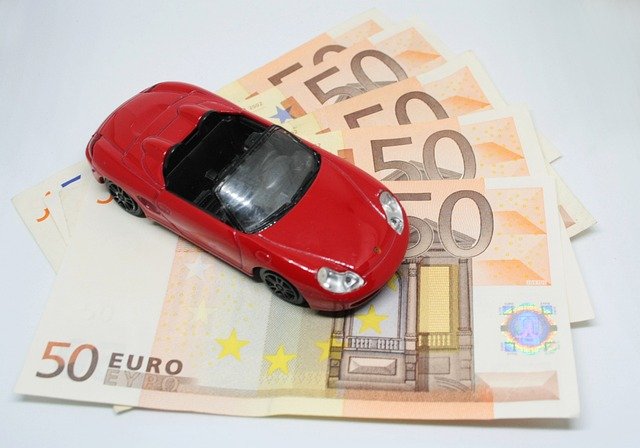Understanding Car Auctions: A Complete Guide to Vehicle Sales
Car auctions offer unique opportunities to purchase vehicles at competitive prices, from government surplus to bank repossessions. These events bring together dealers, collectors, and individual buyers seeking everything from everyday transportation to rare collectibles. Understanding how different types of auctions work, what to expect, and how to participate effectively can help you make informed decisions whether you're buying your first vehicle or expanding a collection.

What Are Used Car Auctions and How Do They Work
Used car auctions serve as marketplaces where vehicles are sold to the highest bidder through competitive bidding processes. These events typically feature cars from various sources including trade-ins, lease returns, fleet vehicles, and private consignments. Participants register beforehand, receive bidding credentials, and compete against other buyers in real-time sales events. Most auctions require immediate payment or deposits, with specific terms varying by auction house.
The auction process involves vehicle inspections before bidding begins, allowing potential buyers to examine cars firsthand. Professional auctioneers guide the bidding, starting with reserve prices set by sellers. Successful bidders must complete transactions quickly, often within hours of winning bids.
Auto Auctions: Types and Participation Requirements
Auto auctions fall into several categories, each with distinct characteristics and entry requirements. Dealer-only auctions restrict participation to licensed automotive professionals, while public auctions welcome individual consumers. Online platforms have expanded access, allowing remote bidding on vehicles located across the country.
Registration typically requires valid identification, proof of funds, and sometimes dealer licenses for professional events. Many auction houses conduct credit checks or require deposits before allowing participation. Understanding these requirements prevents disappointment and ensures smooth transactions when successful bids occur.
Bank Sequestered Cars: Understanding Repossession Sales
Bank sequestered cars represent vehicles reclaimed by financial institutions following loan defaults. These repossessed vehicles often appear at specialized auctions designed to help banks recover outstanding loan balances. The condition of these cars varies significantly, as some owners maintained vehicles well while others neglected maintenance during financial difficulties.
Financial institutions typically sell these vehicles “as-is” without warranties, making thorough inspections crucial before bidding. Documentation may be limited, and service histories are often unavailable. However, these sales can offer substantial savings compared to retail prices, particularly for buyers comfortable with potential repair needs.
Repossessed Cars: What Buyers Should Know
Repossessed cars carry unique considerations that distinguish them from other auction vehicles. Previous owners may have removed valuable components or neglected routine maintenance during financial stress periods. Additionally, emotional attachments sometimes lead to intentional damage before repossession occurs.
Smart buyers focus on mechanical inspections rather than cosmetic issues when evaluating repossessed vehicles. Title transfers may take longer than typical sales due to additional paperwork requirements. Understanding these factors helps set realistic expectations and avoid costly surprises after purchase.
Live Car Auctions: The In-Person Experience
Live car auctions create dynamic environments where experienced bidders and newcomers compete in fast-paced sales events. These gatherings offer advantages including immediate vehicle inspection, instant bidding feedback, and networking opportunities with other automotive enthusiasts. The energy and excitement can be infectious, but also potentially overwhelming for first-time participants.
Successful live auction participation requires preparation, including setting firm budget limits and researching vehicle values beforehand. Experienced buyers arrive early to inspect vehicles thoroughly and develop bidding strategies. Understanding auctioneer signals and bidding increments prevents confusion during active sales.
Preparing for Successful Auction Participation
Successful auction participation begins long before bidding starts. Research vehicle values using resources like Kelley Blue Book or Edmunds to establish realistic price expectations. Inspect vehicles thoroughly, focusing on mechanical components, title status, and overall condition. Set firm budget limits and stick to them regardless of auction excitement.
Bring necessary documentation including identification, proof of funds, and transportation arrangements for purchased vehicles. Many auctions require immediate removal, making advance planning essential. Consider additional costs including buyer’s premiums, transportation, and potential repairs when calculating total investment amounts.
Car auctions provide valuable opportunities for savvy buyers seeking competitive vehicle prices across various categories. From bank repossessions to classic collectibles, these events offer access to diverse inventory often unavailable through traditional retail channels. Success requires preparation, realistic expectations, and disciplined bidding strategies that account for total ownership costs beyond winning bid amounts.




